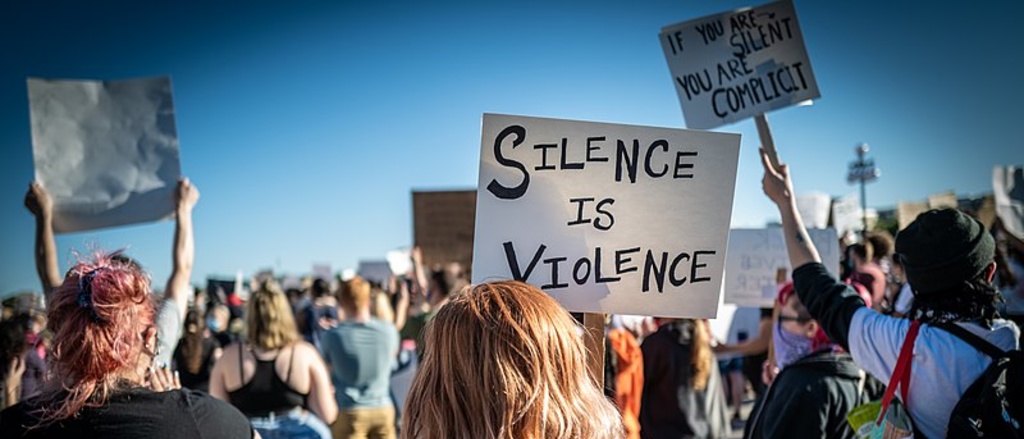
To UI School of Social Work Students, Alumni, and Community:
The protests in response to the murder of George Floyd in Minneapolis, MN, reflect the pain and anguish of Mr. Floyd’s death, but are also emblematic of the history of police violence against Black communities in our country, who have been met with broken promises of freedom and equality. This is an extremely traumatic time for Black people. We see and support you.
This history of violence is one of many examples of structural racism, which the Aspen Institute aptly defines as “a system in which public policies, institutional practices, cultural representations, and other norms work in various, often reinforcing ways to perpetuate racial group inequity” in our society. Our own professional Code of Ethics from the National Association of Social Workers (NASW) calls on all social workers to “challenge social injustice” and “engage in social and political action that seeks to ensure that all people have equal access to the resources, employment, services, and opportunities to meet their basic human needs and to develop fully”—but the code fails to adequately challenge each of us to examine our implicit biases, to acknowledge our role (particularly if we are white social workers) in benefiting from and perpetuating structural racism, and to engage in anti-racist work centered on dismantling structural racism.
This important work belongs to all of us. It is especially critical for white students and social workers.
In the UI School of Social Work, we must own our failures as well. We are taking this time to scrutinize our role in these systems, and to examine our privilege and complacency as faculty and staff. This includes:
- Developing a strategic plan for the school’s diversity, equity and inclusion work that includes measurable goals.
- Reviewing the effectiveness of our training in diversity, equity, and inclusion.
- Critically examining our curriculum to ensure it includes anti-racist and critical race theory frameworks.
- Creating a mechanism for gathering feedback on diversity, equity, and inclusion from our students and alumni who are Black, Indigenous, and People of Color (BIPOC), which will be shared with our stakeholders and used to guide our actions and policies.
In this moment, we must listen to the experiences of Black, Indigenous, and People of Color in the School of Social Work, on the University of Iowa campus, and in our communities.
We want to provide meaningful and actionable resources (see below) to help you listen, to learn about the history of violence and oppression toward BIPOC, to examine your own implicit biases, and to engage in anti-racist work centered on dismantling structural racism, while we are doing the same as a school and as individuals.
Sincerely,
The Diversity and Social Justice Committee of the UI School of Social Work
on behalf of Social Work faculty and staff